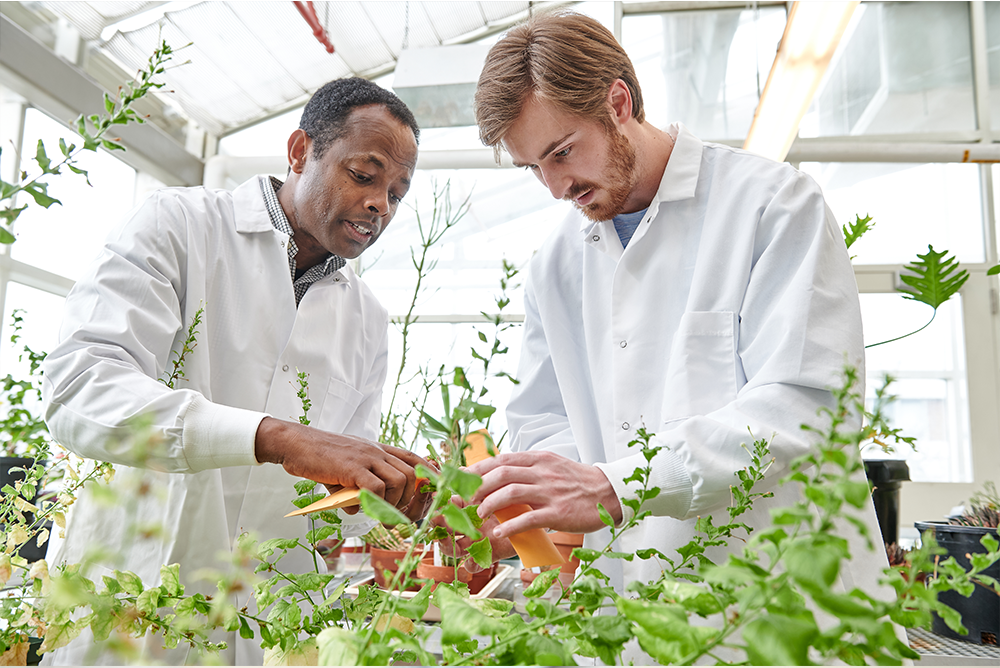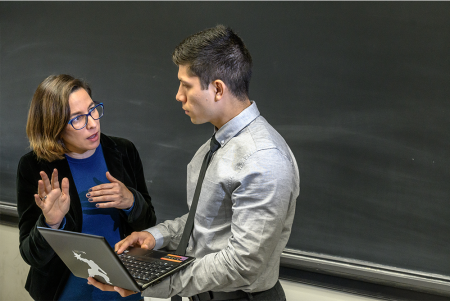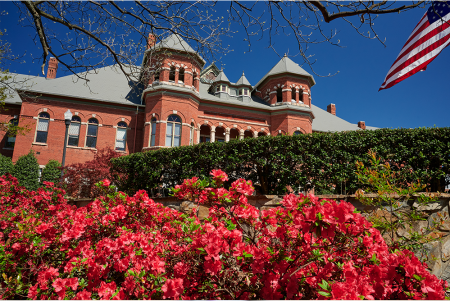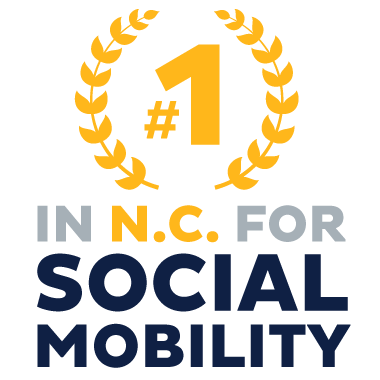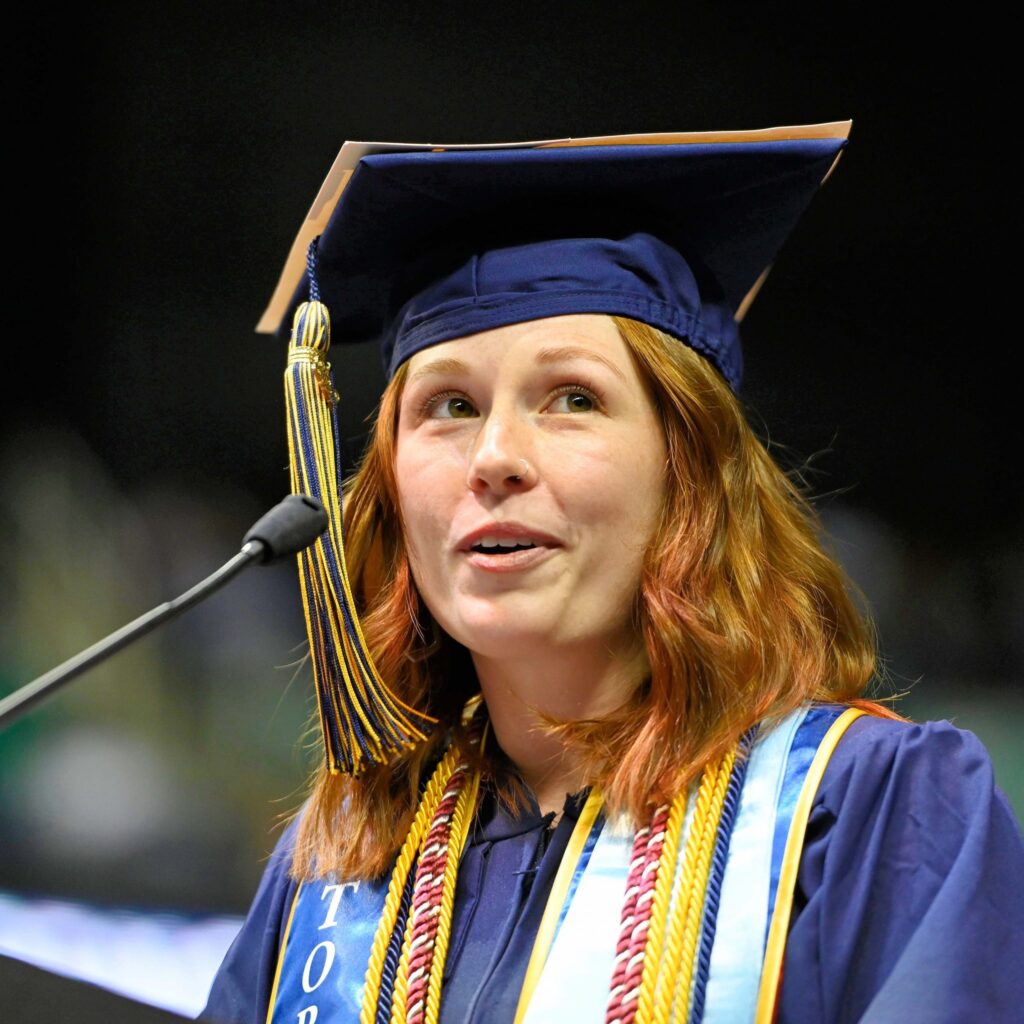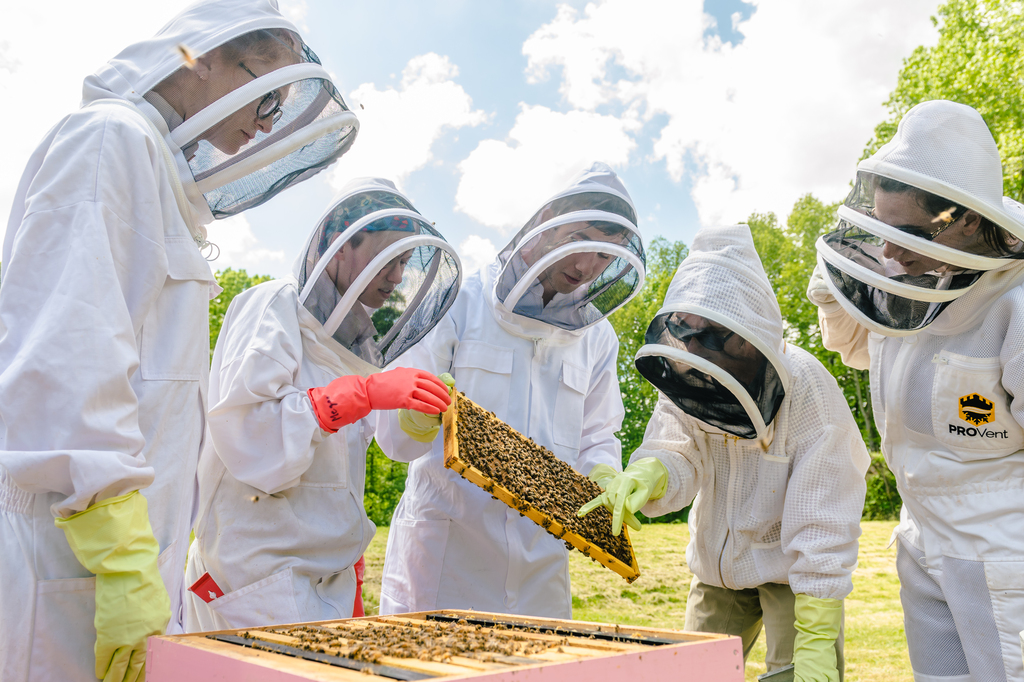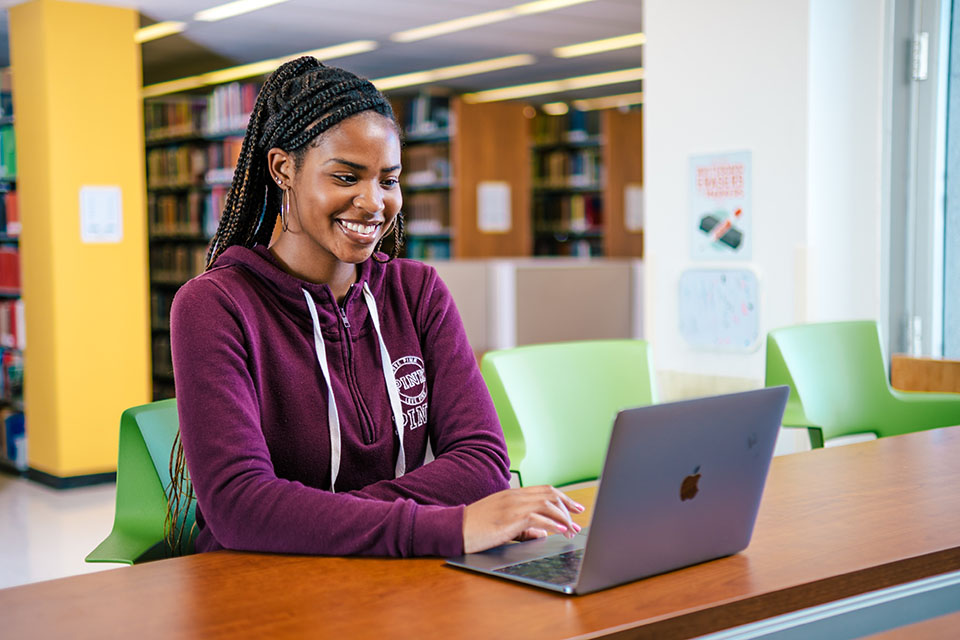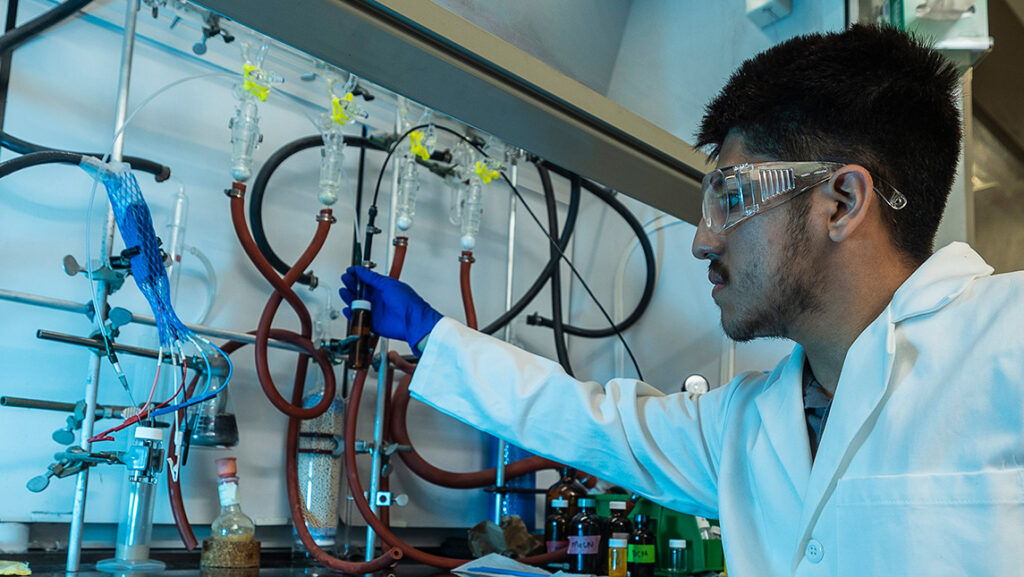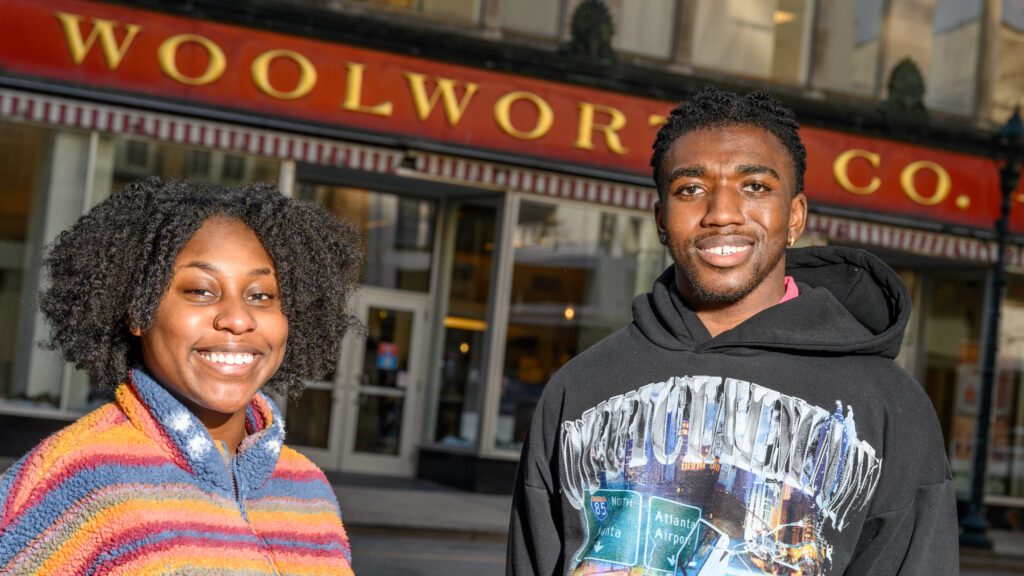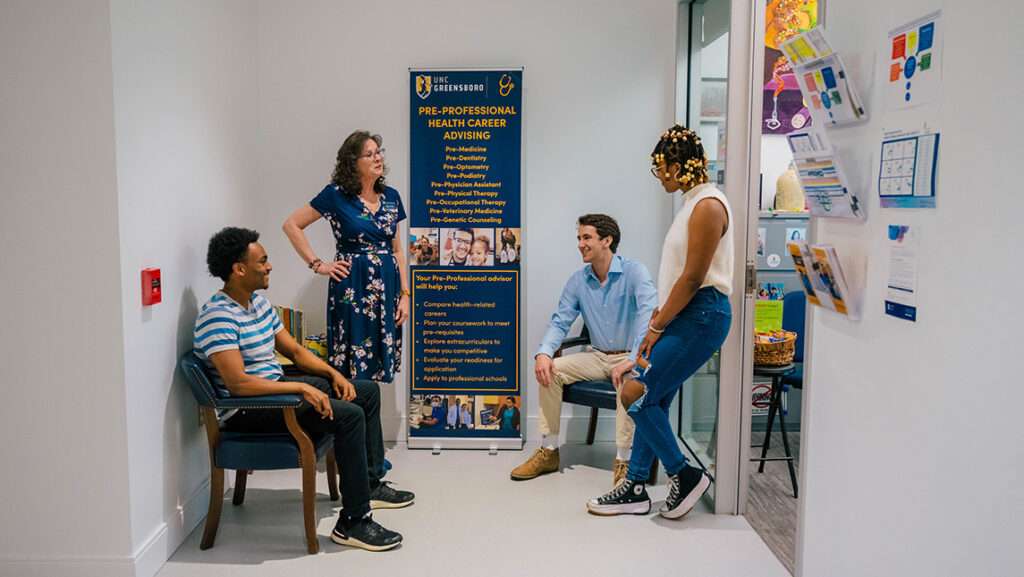Believe in The G
Believe in the G is UNCG’s biggest annual day of giving. Each year, Spartans from…
More Event InformationIndian Ocean Winds Movement Workshop
On April 17th, the Department of African American & African Diaspora Studies will be hosting…
More Event InformationHelen Barton Lecture Series: Suzanne Lenhart
Join the Department of Mathematics and Statistics for this lecture entitled, “Natural System Management: A…
More Event InformationPopulism, Illiberalism, and Violent Extremism in the United States
Join us for this free lecture in UNC Greensboro’s 2023-24 Harriet Elliott Lecture Series, hosted…
More Event InformationDepartment of Chemistry and Biochemistry Seminar Speaker Series
Join the Chemistry and Biochemistry Departments on Fridays at 1 p.m. for their weekly seminar…
More Event InformationEnglish Tea Talk with Dr. Jeanie Reynolds
Join us for the next installment of the University’s English Department Tea Talk series with…
More Event Information“And Also the Ice Age Comes and Goes”
Professor Kerstin Radde-Antweiler explores climate change in relation to video games and gaming practices, analyzing…
More Event InformationCAS End-Of-Year Celebration
Faculty, staff, and friends of the College of Arts & Sciences (CAS) are invited to…
More Event InformationDigital Fiction Jam
On May 11th, come join UNCG’s first ever Digital Fiction Jam, where you can share…
More Event Information
